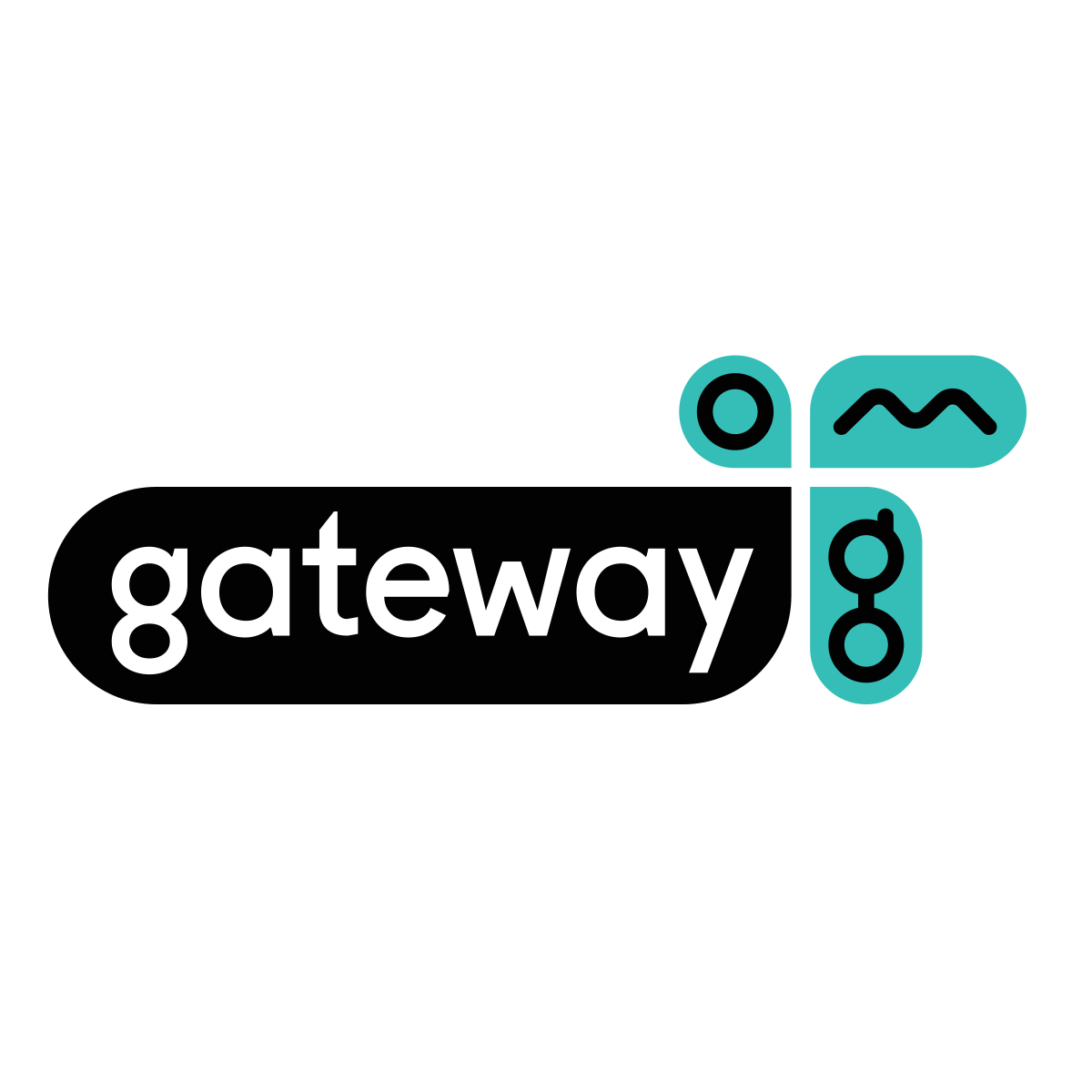
Receiving a Medical school interview invitation is simultaneously exciting and nerve-wracking. It is the final hurdle to starting your med school journey and it can be overwhelming figuring out how to best prepare for it.
The Purpose of a Medical School Interview
Understanding what admissions officers are looking for during an interview is critical in preparing for it. Are they evaluating your academic aptitude? Or your ability to navigate tricky ethical scenarios? Or do they simply want to see if the claims you’ve made in the rest of your application are true?
Depending on the format of your interview and the individual school’s requirements, it is usually a mix of all of the above. It’s so important to not only to prepare for the content and substance of the interview but how you present yourself during the interview. After all, working as a doctor requires both in-depth knowledge as well as the ability to communicate that expertise in difficult scenarios.
Practice as much as you can: with the interview being the final lap, you need to be well-prepared.
If you have already established a strong foundation for your application—polishing your personal brand, backing it up with a diverse academic portfolio, and a compelling personal statement—you simply need to tie all these components together. Can you effectively communicate how you might thrive in medical school? Can you substantiate your claims with concrete examples from your academic portfolio? When faced with tricky ethics-based questions, can you reason through your thought process in a logical manner?
Interviews can be a lot of pressure. Within a limited amount of time, you have to impress your interviewer with what you say and how you say it. The best way to prepare is simply to practice. While this might seem simple, knowing what you want to say and being able to communicate effectively within the pressures of an interview can be very different exercises. Anxiety and eagerness to impress your interviewers could lead to fumbling for words, resulting in the inability to articulate your thoughts in a mature and thoughtful manner. It helps to engage with someone who you’re not completely familiar with to practice your responses, simulating the pressures and unfamiliarity of an actual interview. This might mean engaging with an external coach who can give you detailed feedback or a teacher whom you’re not familiar with.
What questions will I be asked at a medical school interview?
Depending on the stations that you go to, interviewers might ask you a range of questions. This could include personal questions to find out more about you, your motivations for pursuing Medicine and whether you have a genuine interest in the Sciences.
You may also be asked questions about the experiences you mentioned in your application. This will be an opportunity to elaborate on your takeaways and reinforce how they will impact your performance as a Medical student and doctor in the future..
You can also expect role-play scenarios that assess your ability to handle complex and challenging situations that you have no control of. Don’t be afraid to clarify when in doubt or weave your questions into the role-play. If you need to make assumptions, declare them in your responses.
Takeaways
Trust in your personal brand: be authentic and be yourself. Many candidates have a perception that they need to be stiff or serious when they attend the interview. If you have a sense of humour, let that come through when appropriate during the interview because it reflects your personality.
Candidates tend to make the mistake of saying what they think the interviewers want to hear. Rather, let your personality come through as you respond to their interview questions.
Don’t walk into the trap of only talking about your list of achievements because the interviewers would have already seen them in your application.
Instead, take this opportunity to explain how these achievements have impacted you and how they will influence the type of Medical student and future doctor you will be.
As long as you have remained truthful and authentic in your application: your grades, testimonials, activities list, personal statement and interview answers will be consistent, allowing the admissions committee to assess your suitability to be a Medical school student.
Got an upcoming medical school interview?
Last year, 83% of our students were accepted into medical schools via our coaching programmes.



